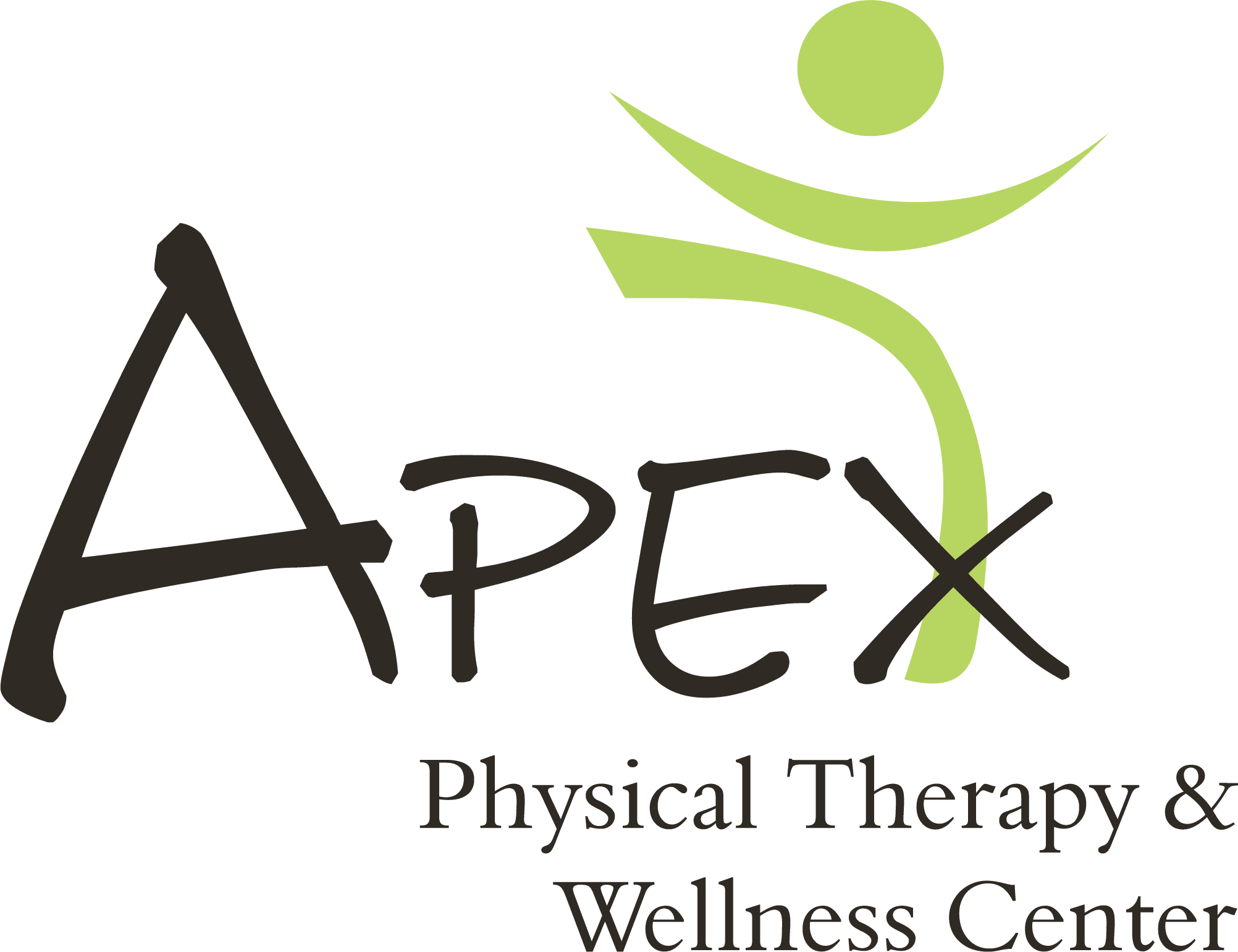THE ROLE OF WATER IN YOUR BODY’S FUNCTIONING
Anyone who’s had a massage has probably heard their massage therapist say, “Make sure you drink plenty of water today!” But, have you ever wondered about the science behind it? Our bodies are composed of approximately 80% water, with every single one of our organs from our skin, to our liver, to our heart, and every single system inside of us needs enough water to function properly.
A common question and an answer that seems to vary greatly depending on who you ask, is how much water is enough? The best thing about water is it’s extremely hard to have “too much,” and in that case, your body is typically really good at filtering out what it doesn’t need as waste! A good rule of thumb to follow is to try to intake half of your body weight in ounces of water, every single day. For example, if you weigh around 130 pounds, you would aim to intake about 65 ounces of water per day, or just a little over a gallon.
Balancing Electrolytes for Improved Health
Another important factor to note when considering water intake is electrolyte balance. Electrolytes can commonly get a bad reputation when thinking of them being the common overly sugary sports drinks. Electrolytes can sometimes be the missing piece in your hydration routine, though, so they should always be considered when looking at increasing your water intake. Electrolytes when simplified down into their components are minerals: phosphate, magnesium, chloride, sodium, potassium, and bicarbonate. Adding electrolytes into your hydration routine can be as simple as adding a pinch of sea salt (Himalayan, regular Dead Sea salt – your preference, really!) into 1-3 glasses of water per day. With anything, it’s best to start slowly, and see how your body adjusts.
Some common symptoms of electrolyte balance are headaches, fatigue, confusion, mood swings/changes, nausea/vomiting, loss of appetite, stomach pains, irregular heartbeat, numbness/tingling, constipation, frequent urination, and dry mouth. Okay, that’s a lot, and those are common symptoms with other imbalances as well. But adding a little electrolytes into your hydration routine, can actually kickstart your body into homeostasis, and get all of those other systems working better.
What supplements help with hydration?
Contrary of symptoms, some of the benefits of electrolyte balance include enhanced exercise performance, better sleep, strengthened immunity, improved cognition, reduced stress and anxiety, stabilized blood sugar, improved heart health, strengthened muscles and bones, improved digestion and kidney function, and easing headache pain. When you exercise and sweat, your body expels electrolytes and they can decrease very quickly, so replenishing them after exercise is particularly important. It also helps to improve your workout performance, by aiding in focus, strength, and speed. Calcium metabolizes into the body’s natural form of melatonin and can improve your REM sleep cycles greatly. Magnesium is widely recognized as helping maintain inflammation in the body and works closely with potassium, calcium, and sodium to improve immune function. Magnesium also plays a significant role in the body’s stress response and can help naturally balance cortisol levels and neutralize feelings of anxiety. Increasing potassium intake may help in decreasing blood pressure, and blood sugar, and help maintain bone and muscle mass.
In more cases than not when you are feeling unwell for any reason, your body could potentially be dehydrated as well. This may lead to headaches, slow digestion, body aches, brain fog, and fatigue. If you are experiencing any of these symptoms, reach for a glass of water, add a pinch of sea salt, and see for yourself how much this can help!
